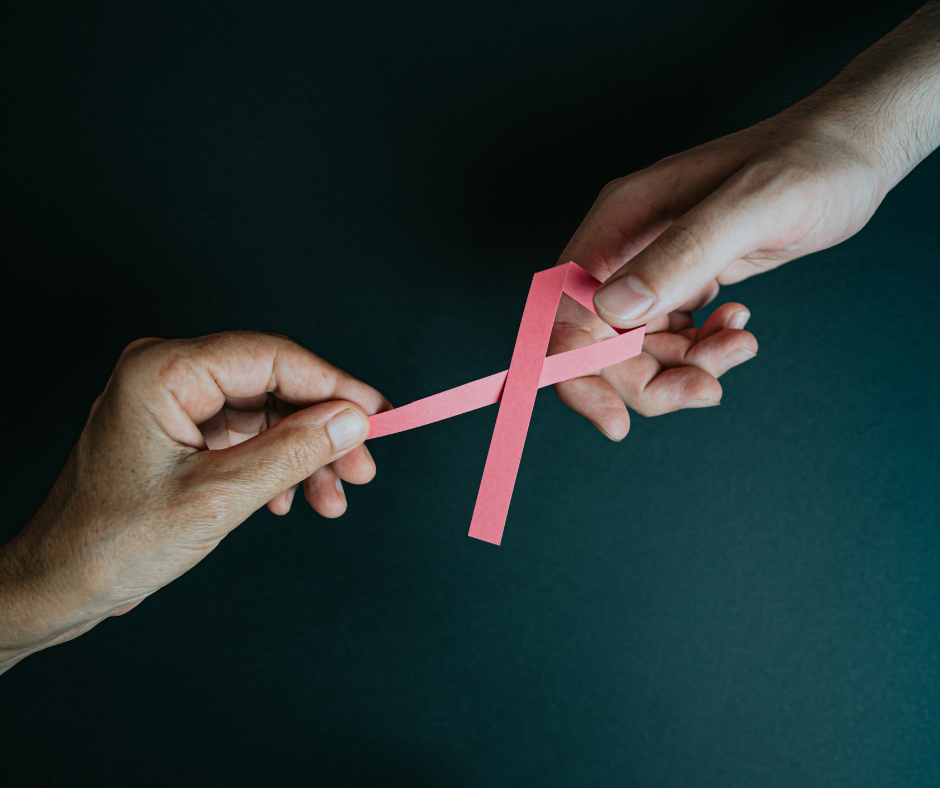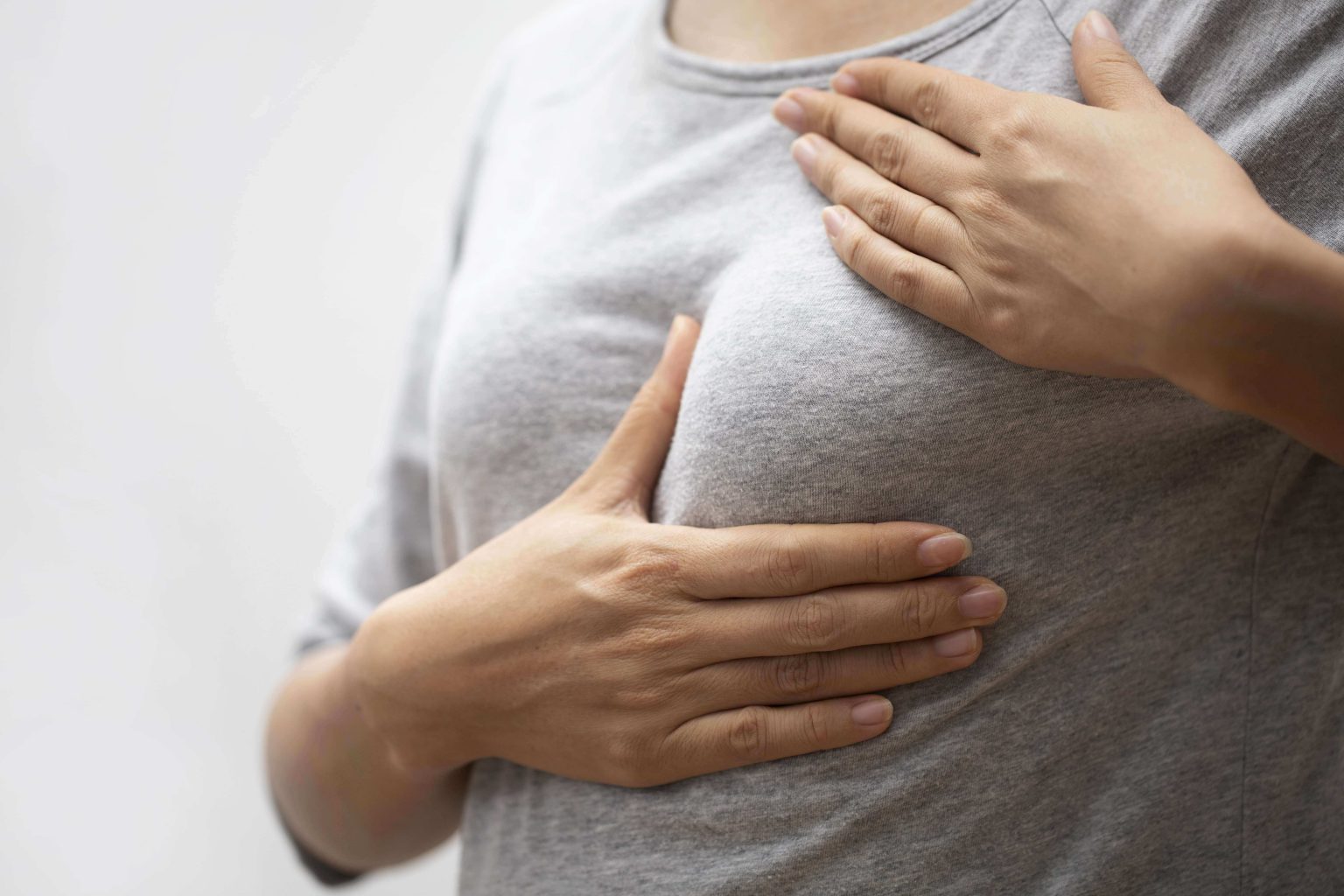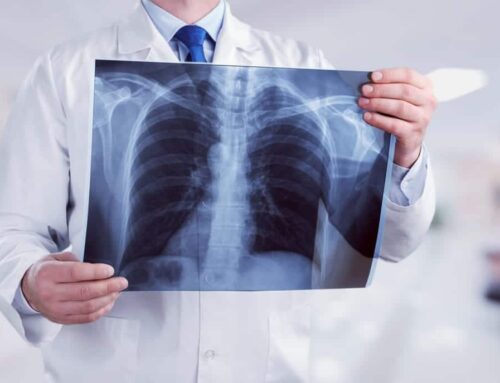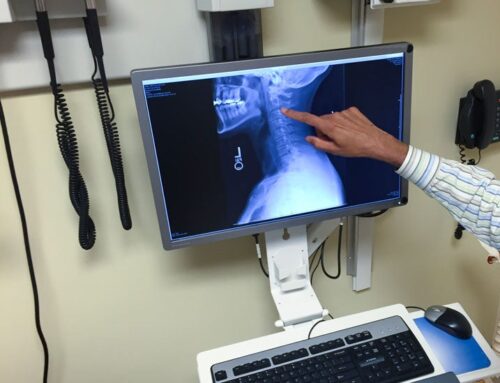breast cancer is the most common type of cancer in women. According to the American Cancer Society, women in the United States have a 1 in 8 chance of developing breast cancer at some point in their life.
Nevertheless, receiving a breast cancer diagnosis can be frightening and overwhelming. Many questions and concerns may come to mind, including worries about the potential side effects of breast cancer treatment.
We’ve got you covered as you take your first steps on your breast cancer journey. Below, we’ll discuss different breast cancer treatments, including their short- and long-term effects, and ways to cope. Keep reading to learn more.

breast cancer treatments
There are several types of treatments for breast cancer. Let’s explore each of them briefly.
breast cancer Surgery
Surgery is often one of the first treatment steps for people with breast cancer. Depending on the location and size of a tumor, surgery may remove some breast tissue (breast-conserving surgery) or all of the breast tissue (mastectomy).
Chemotherapy
Chemotherapy (chemo) drugs can kill cancer cells or slow their growth. There are several situations where chemo may be used for breast cancer:
- before breast cancer surgery to shrink a tumor (neoadjuvant chemo)
- after breast cancer surgery to help lower the chances of the cancer coming back (adjuvant chemo)
- when breast cancer has spread (metastasized) to more distant tissues
Hormone therapy
Some breast cancers have receptors that grow in response to the hormones estrogen and progesterone. Hormone therapy aims to block the activity of these receptors, preventing the cancer cells from growing.
Common hormone therapy drugs include:
- tamoxifen (Soltamox)
- anastrozole (Arimidex)
- fulvestrant (Faslodex)
Targeted therapy
Targeted therapy drugs are designed to home in on specific biomarkers that are on the outside or inside of cancer cells. HER2 is an example of a biomarker that’s targeted by many of these drugs.
Common drugs used for targeted therapy include:
- trastuzumab (Herceptin)
- pertuzumab (Perjeta)
- trastuzumab deruxtecan (Enhertu)
breast cancer Immunotherapy
ImmunotherapyTrusted Source boosts your immune system’s ability to respond to cancer cells. While there are a few types of immunotherapy for cancer, a type called an immune checkpoint inhibitor is one that doctors may use for some breast cancers.
Pembrolizumab (Keytruda) is a common immunotherapy drug.
breast cancer Radiation therapy
Radiation therapy uses high energy radiation to kill cancer cells. Doctors often use it after breast cancer surgery to help reduce the chances of cancer returning.
Which treatment is right for you?
The type of treatment that’s recommended for you can depend on several factors, including:
- the specific type of breast cancer you have
- the stage of your cancer
- how fast the cancer is growing
- whether certain biomarkers are present on or in cancer cells
- whether you’ve experienced menopause
- your age and overall health
- your preferences
- prior treatments you’ve received (some treatments are only approved for people who have or haven’t had other treatments)
Short-term side effects of breast cancer treatments
Short-term side effects are the ones that happen immediately or shortly after starting a treatment. They’re often temporary and ease when treatment concludes.
There’s generally a good bit of overlap in short-term side effects from the different types of breast cancer treatment. Some to be aware of include:
- fatigue
- digestive side effects like:
- nausea and vomiting
- diarrhea
- constipation
- reduced appetite
- mouth sores
- headache
- body aches and pains
- hair loss
- skin rashes or reactions
- low blood cell counts, which can lead to:
- anemia
- increased infection risk
- easy bleeding or bruising
- sexual changes, such as:
- hot flashes
- vaginal dryness
- menstrual cycle changes
It’s important to know that short-term side effects can vary widely, even within treatment types. For example, two different targeted therapy drugs may have pretty different sets of common side effects.
Also, keep in mind that the type and intensity of side effects can vary by person as well.
How common are short-term side effects?
Short-term side effects are common. For example, a 2017 study, which included people with breast cancer, found that 86%Trusted Source of people receiving chemo reported at least one side effect. The most common were:
- fatigue
- diarrhea
- constipation
Short-term side effects from radiation therapy vary from person to person. They typically start during treatment and continue for 2 to 4 weeks after treatment is done. Side effects can include:
- tiredness
- weakness
- sensitive skin
- breast swelling
- loss of armpit hair
- difficulty moving the arm and shoulder





